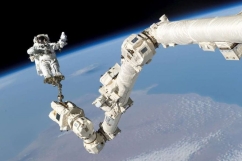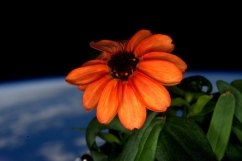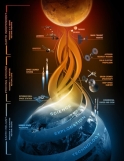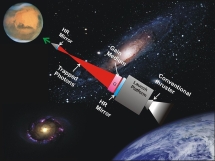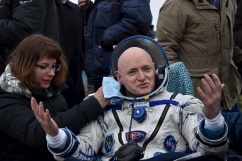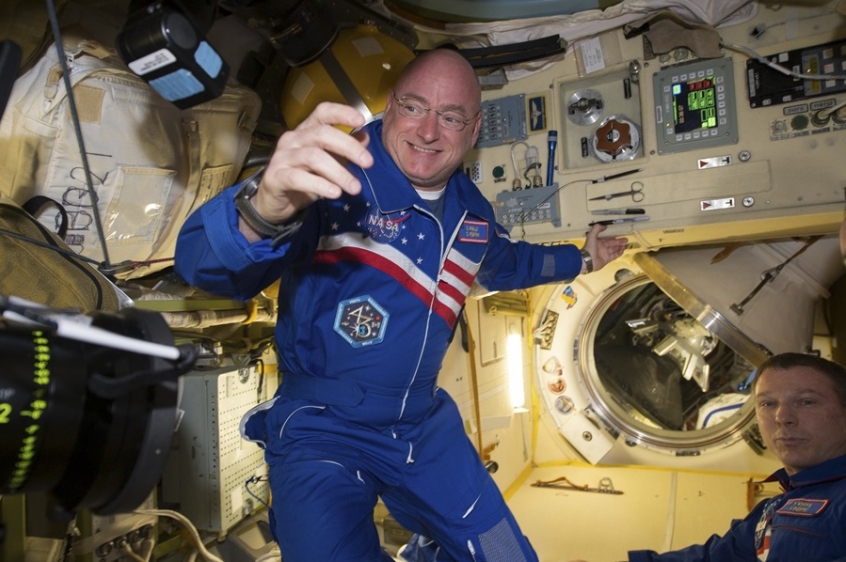
Some space scientists still have doubts as to whether human beings can endure the long trip to Mars and staying there even for a limited period of time, given the harsh conditions on the Red Planet.
However, for National Aeronautics and Space Administration (NASA) astronaut Scott Kelly, who spent almost a year in space, a human mission to the fourth planet in the solar system is completely "doable."
During his record-breaking stay in the International Space Station, Kelly used a robust life-support system employed by the NASA to find out if humans can withstand differences in the environment on Earth and in outer space.
This life-support system protected Kelly from radiation and created a propulsion system that reduces the trip time.
Having tried the system himself, the NASA astronaut concluded that other humans can use it, too on a mission to Mars.
"Going to Mars is doable. We're close enough that if we make the choice, I think we can do it," Kelly said during the NASA news conference, as quoted by CNN.
He added that landing a spacecraft will even be easier on Mars than on Earth, because of the fact that the Red Planet has less gravity.
Kelly nevertheless gave practical tips to fellow space scientists who are working on a human mission to Mars. He particularly stressed the importance of giving astronauts who will join the Mars mission enough space to move inside the spacecraft that will ferry them to the Red Planet.
"If you're going to Mars in a smaller vehicle than the space station and living practically on top of one another, having that space that [the astronauts] spend so much time in is very, very important," Kelly, who earlier predicted that the trip to Mars from Earth may only take 30 minutes in the future, said.
"You have to make it as perfect as you can, including the environment, air temperature, interfacing with the system, communication, entertainment and noise abatement because you're sleeping, living, exercising and eating right next to each other," he added.
During his almost a year in space, Kelly recalled spending most of his time in his personal space quarter, making calls, emailing, reading books, watching TV shows and movies, and taking pictures of the Earth from outer space.










